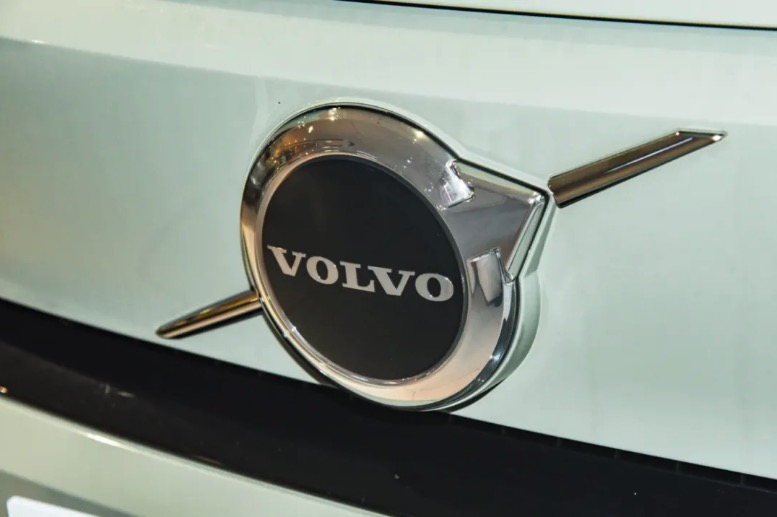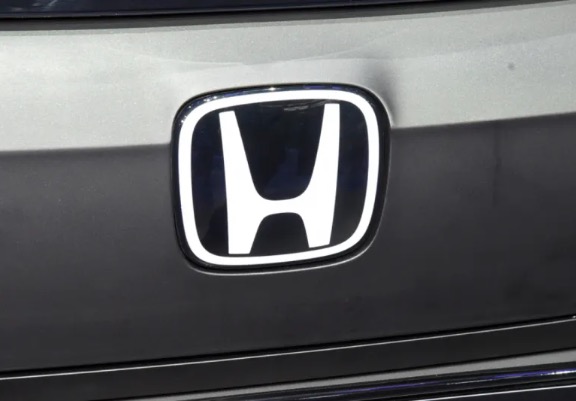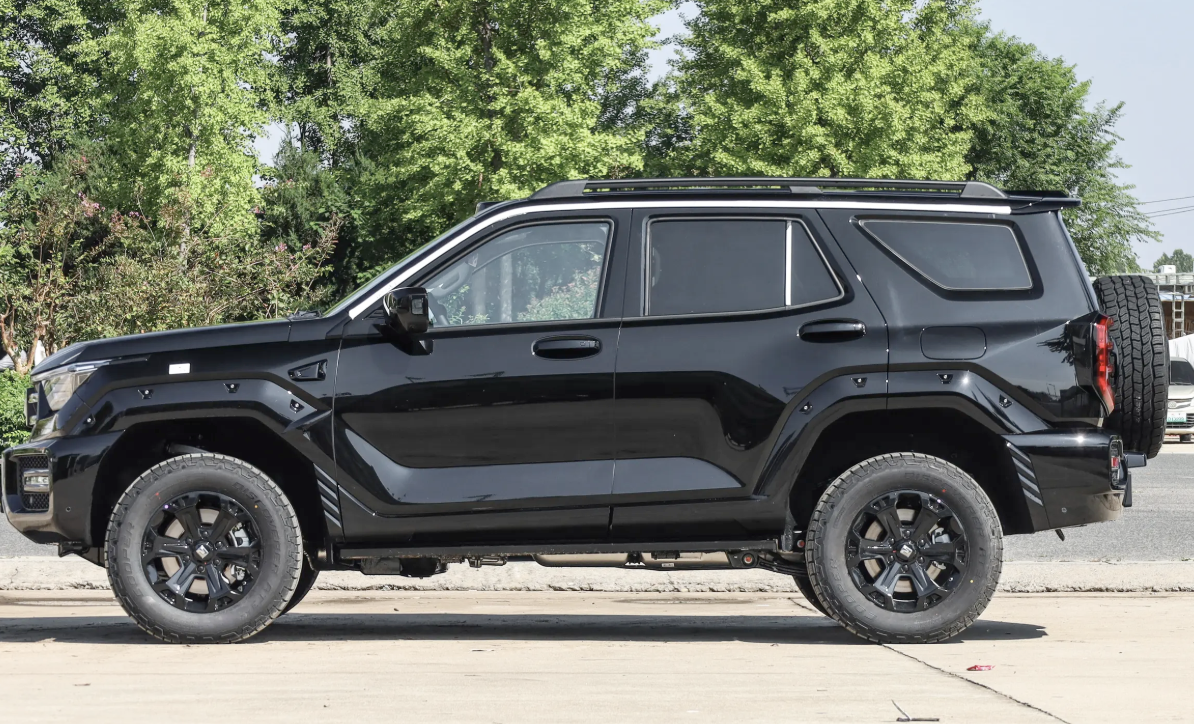Volvo Cars has announced sales data for March 2024 and the first quarter. The data shows that Volvo Cars’ global sales in March were 78,970 vehicles, a year-on-year increase of 25%, setting a new record for global monthly sales. The global sales of new energy vehicles were 33,558 vehicles, a year-on-year increase of 24%, accounting for 42.49% of the total global sales, with an overall good performance; the cumulative global sales in the first quarter were 182,687 vehicles, a year-on-year increase of 12%.
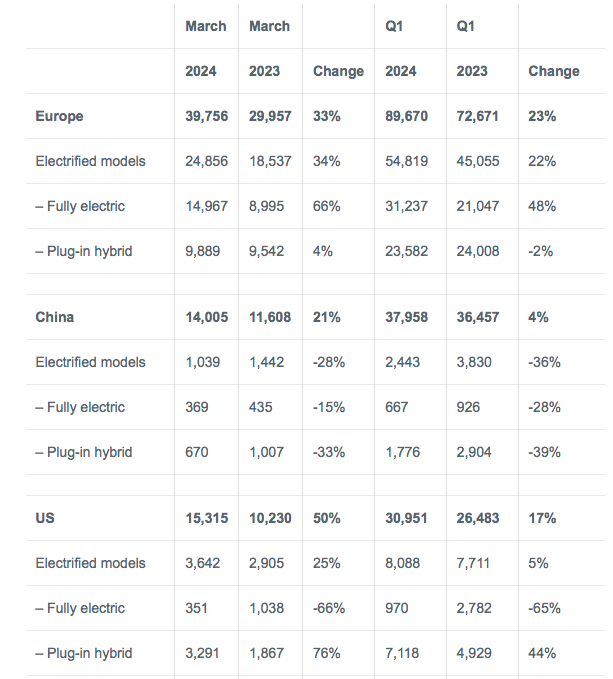
Broken down by major markets, Volvo Cars’ sales in the European market in March were 39,756 vehicles, a year-on-year increase of 33%, of which 24,856 were electric vehicles, a year-on-year increase of 34%, accounting for 62.52% of the total sales; the cumulative sales in the first quarter were 89,670 vehicles, a year-on-year increase of 23%. In the US market, sales in March were 15,315 vehicles, a year-on-year increase of 50%; the cumulative sales in the first quarter were 30,950 vehicles, a year-on-year increase of 17%.
In the Chinese market, sales in March were 14,005 vehicles, a year-on-year increase of 21%, but the sales of new energy vehicles were only 1,039 vehicles, a year-on-year decrease of 28%; the cumulative sales in the first quarter were 37,958 vehicles, a year-on-year increase of 4%, of which the sales of new energy vehicles were 2,443 vehicles, a year-on-year decrease of 36%. From the latest sales data, although Volvo Cars’ Chinese market also achieved growth in the first quarter, its performance in new energy vehicles still lacks highlights.
Currently, Volvo’s sales in the Chinese market still rely on fuel vehicles, and its only electric vehicles are mainly plug-in hybrid models. According to the official website, Volvo currently has four models produced in China, including the S90, S60, XC60, and XC40. Among them, the S90, S60, and XC60 have introduced plug-in hybrid models based on fuel vehicles, and the XC40 has introduced a pure electric model based on fuel vehicles. It should be noted that in the context of the significant expansion of new energy vehicles, the luxury car market has been eroded by new brands such as NIO and Li Auto. “Oil-to-electricity” models are difficult to become the mainstream in the highly competitive new energy vehicle market, which also leads to very ordinary sales performance in the vehicle market. Taking the 2023 retail data as an example, the top three models sold by Volvo in China in 2023 are the XC60, S90, and S60, with sales of 64,758 vehicles, 37,022 vehicles, and 21,140 vehicles respectively.
Volvo Cars was born in 1927 and is a well-known Swedish luxury car brand, and is recognized as one of the earliest traditional luxury brands to start the electrification transformation. As early as 2017, Volvo had proposed a comprehensive electrification strategy and further deepened and clarified the market layout in 2021. In 2021, Volvo stated that by 2025, the sales of pure electric models under its brand would account for 50% of the total sales, and the rest would be hybrid models. By 2030, Volvo will transform into a pure electric brand, and all internal combustion engine-equipped vehicles will be phased out globally at that time.
Currently, the electrification transformation is regarded as an important component of Volvo Cars’ sustainable strategy, but from the sales data, Volvo Cars’ performance in the new energy field is very ordinary. In August 2023, Volvo emphasized that the Chinese market is one of the most dynamic markets for Volvo globally, and the company will continue to accelerate the comprehensive electrification transformation in China and globally. According to the plan, by 2025, the sales of pure electric models under Volvo will account for 50% of the total sales, and it will completely transform into a pure electric brand by 2030, phasing out all models with internal combustion engines.
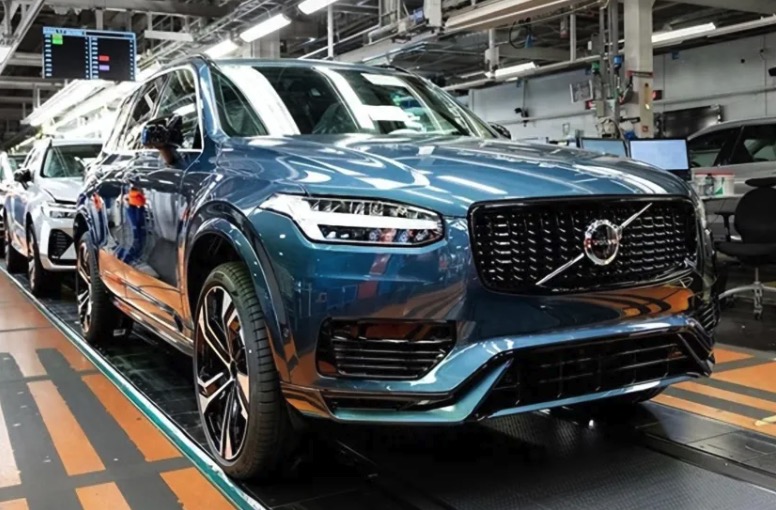
On March 26, the last Volvo XC90 SUV rolled off the assembly line at Volvo’s Torslanda factory in Sweden. This car is Volvo’s last vehicle equipped with a diesel engine. This move means that Volvo has officially said goodbye to 45 years of diesel vehicle production history and entered a new era of electrification. However, Volvo officials said that it will still produce gasoline-powered cars until 2030, when only electric cars will be produced.
As a Nordic luxury brand, Volvo’s choice to achieve electrification transformation is a gesture of embracing the market, but in the Chinese market, although the Chinese market is one of the most dynamic markets for Volvo globally, most of the electrified models currently sold by Volvo are “oil-to-electricity” products, and it is difficult to increase sales, which also means that “how to accelerate the realization of electrification transformation in the Chinese market” is a problem that needs to be solved at present. In this context, Volvo has a lot of pressure to transform electrification in China.
